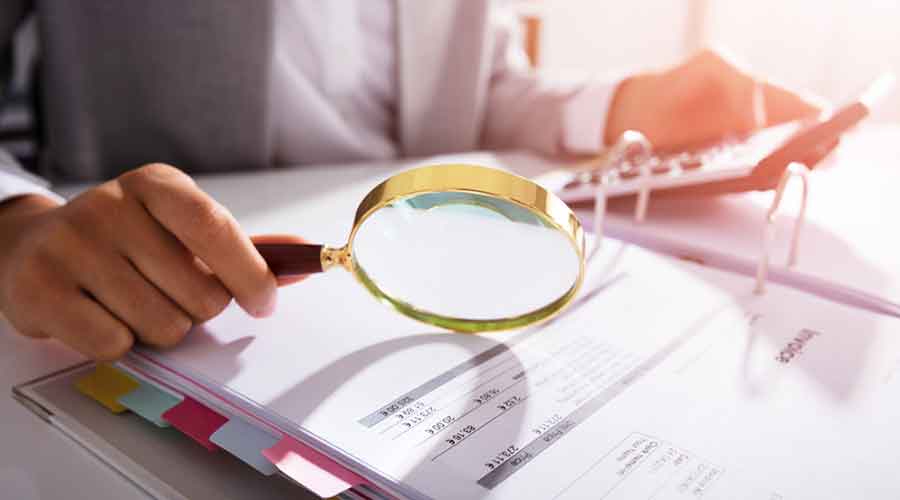Excise duty collections from petrol and diesel jumped three-fold in April and May, with the oil companies raising prices 16 times during May and reducing them once in April when the elections were on in the key states of Bengal, Tamil Nadu and Kerala.
The price of petrol has crossed Rs 100 per litre in more than 15 cities of the country. The price or petrol has already hit the century mark in North Bengal.
Collections in the corresponding period a year ago stood at Rs 10,996 crore. It could be argued that 2020-21 was an unusual year with the government imposing a lockdown because of the coronavirus pandemic.
But the amount is also much more than the collections in the first two months of “normal year” 2019-20, when the government raised Rs 17,333 crore. April-May 2021 was also the time the second wave of the coronavirus swept through the country.
Prices may rise further if global crude prices move up in the event of the Organisation of Petroleum Exporting Countries (Opec) and its allies including Russia (the Opec+ group) fail to reach an agreement to boost production.
Opec+ is expected to resume talks over oil output on Monday, having failed to arrive at a unanimous agreement for the second day running on Friday.
Analysts warned there may not be any output hikes till the next fiscal year if there is no resolution to the standoff between the UAE and the Opec+ members. The present agreement between the members will expire in April 2022.
A failure to structure an agreement would likely lead to higher prices and create an inflationary effect on the economy.
The Narendra Modi government can provide some relief to users by reducing the cess levied on petrol and diesel.
“Higher consumption of fuels should support a rise in the indirect taxes levied on them, offering a window for a partial reversal in the cess hikes that were imposed last year. Our calculations suggest that the cesses levied on petrol and diesel could be reduced by Rs. 4.5/litre each, while maintaining the total cess revenues of the GoI on these fuels in FY2022 at the FY2021 level. Such a cut in the cess rates would offer some relief to household budgets and ease the inflationary pressures related to the rising global crude oil prices,” Aditi Nayar, chief economist, Icra said.
Nayar said Icra has forecast the growth in the consumption of petrol at 14 per cent by the end of the fiscal and diesel 10 per cent on account of the rise in mobility as states wind up lockdowns.











